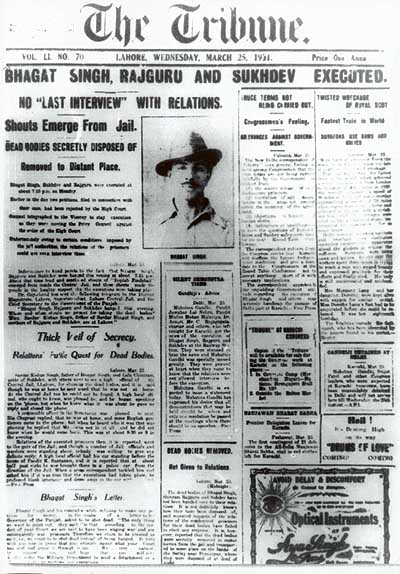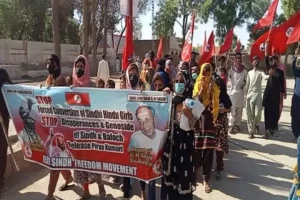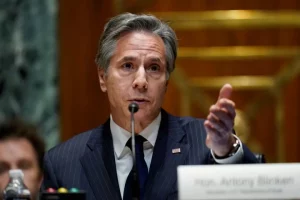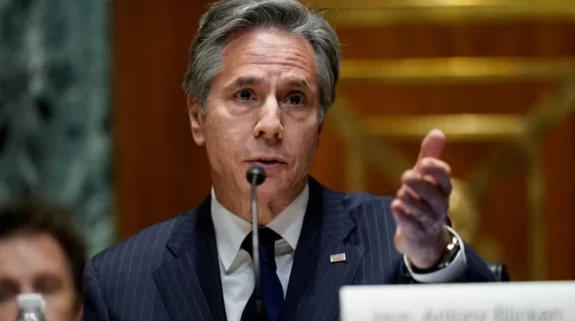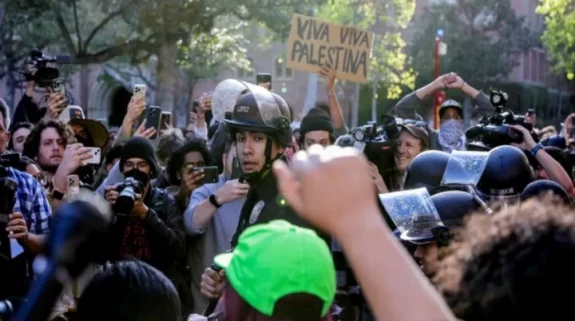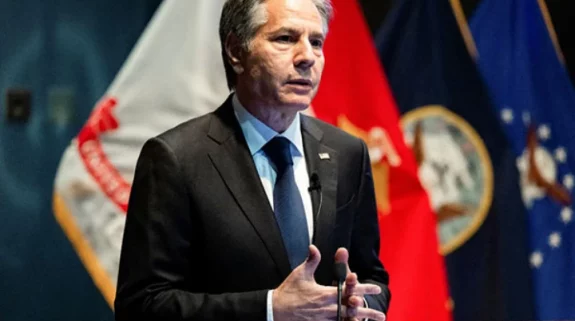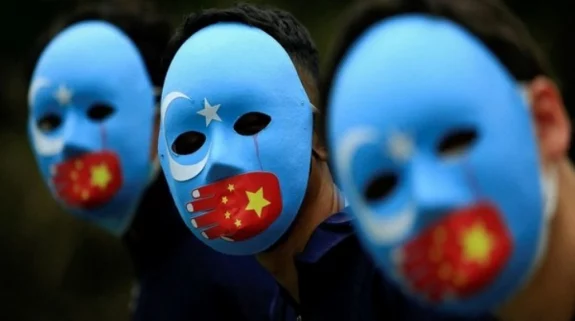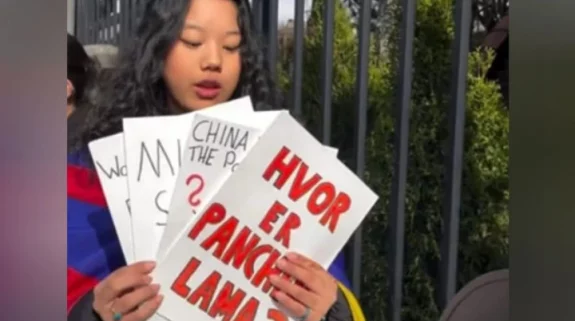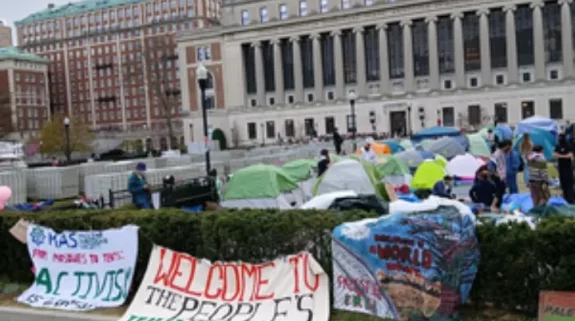In observing six days as Shaheed Diwas, the nation paid homage to three stalwarts –Bhagat Singh, Sukhdev Thapar and Shivaram Rajguru.
Their martyrdom became the turning point in the history of India's national movement. The trio was hanged in Lahore on March 31, 1931.
Among the three, Bhagat Singh's revolutionary zeal not only provided a high octane push to India's freedom struggle, it also made a big impact in the former Soviet Union, which had emerged victorious from its own revolution in 1917 .
Inside India, the rising popularity of Bhagat Singh, especially among the youth, made the Congress party aware of the necessity of driving an emotional connect with the young generation, led by stalwarts such as Subhas Chandra Bose and Jawaharlal Nehru.

Bhagat Singh (Pic: Courtesy Wikimedia Commons)
Bose eloquently said that "Bhagat Singh had become the symbol of the new awakening among the youths.” Nehru described Singh’s popularity as a symbol of national awakening.
Bhagat Singh’s popularity went beyond Indian shores. Though not much publicised, Bhagat Singh received an invitation from Joseph Stalin, the Soviet leader to visit him. It is speculated that Stalin had come to know about him through Baba Santokh Singh and Baba Gurmukh Singh, two Ghadarite revolutionaries.
Writing in a New Delhi-based Hindi journal Nai Zameen, Shaukat Usmani, had mentioned that when he was leaving for India, Stalin had asked him to convince Bhagat Singh to come to Soviet Union. According to Usmani, Stalin’s words were, “Ask Bhagat Singh to come to Moscow.” Singh, however, could never make it to Soviet Union.
The act of throwing non-lethal bombs by Bhagat Singh and B.K. Dutt went beyond making “the deaf hear”. The slogans raised by them — “Inquilab Zindabad” and “Down With Imperialism” — became the mantra for the freedom movement. Going beyond the boundaries of language and region, these slogans spread from Kashmir to Kanyakumari and Gujarat to Bengal. Rightly proud of this achievement, Bhagat Singh felt that “in his small life, he has made this slogan reach crores of Indians”.
Coined in 1921 by the Urdu poet and freedom fighter Maulana Hasrat Mohani “Inquilab Zindabad” became the rallying point of the independence movement thanks to Bhagat Singh and his comrades.
Born as a Jat in 1907 to Kishan Singh and Vidyavati at Banga village of Lyallpur district, Bhagat Singh’s birth was marked by a strange coincidence. On that day his father and his two uncles Ajit Singh and Swaran Singh were released from jail. Members of the Ghadar Party, they were politically very active and in the forefront of the freedom movement.
Singh’s associate Sukhdev Thapar was born on May 15, 1907, in Ludhiana, Punjab. Born to Ramlal Thapar and Ralli Devi, he was brought up by his uncle Lala Achintram after his father’s demise.
As the chief of Hindustan Socialist Republican Association in Punjab, Thapar organised numerous revolutionary cells in the region and other areas of North India. Participating in the hunger strike in 1929 he was part of the Lahore Conspiracy Case too.

Sukhdev Thapar (Pic: Courtesy Wikimedia Commons)
Educating the youth of Lahore’s National College, Thapar along with other revolutionaries started the Naujawan Bharat Sabha in Lahore. The organisation through its varied activities geared the youth for the freedom movement and fight against communalism.
A fearless man of exceptional integrity, Thapar cared about the smallest needs of his party and its members. Writing about him, Shiv Verma in his memoirs, Sansmrityiaan, says, "In reality, Bhagat was the political mentor of the Punjab party; Sukhdev was the organiser, one who built its edifice brick by brick…"
Born on August 24, 1908 at Khed to Parvati Devi and Harinarain, Rajguru belonged to a Marathi Deshashtha Brahmin family. He received primary education at Khed and later studied in New English High School in Poona and joined Seva Dal at a young age.
As a member of HSRA, he wanted India to be free from British rule by any means necessary. Driven by this passion, he did not mind using force against him thereby making him come into direct conflict with the Congress’ non-cooperation movement.

Shivram Hari Rajguru (Pic: Courtesy Twitter / @IYC)
A dear friend of Bhagat Singh, he was his tough competitor too and always wanted to stay one step ahead of him. Displaying his quirky side, during the court proceedings Rajguru deliberately replied in Sanskrit to the judge, much to the latter’s annoyance. When the judge baffled at the replies shouted at him, Rajguru after a hearty laugh would egg Bhagat Singh to translate!
The three legendary freedom fighters were hanged together in Lahore jail and the bodies cremated secretly on the banks of Sutlej.






